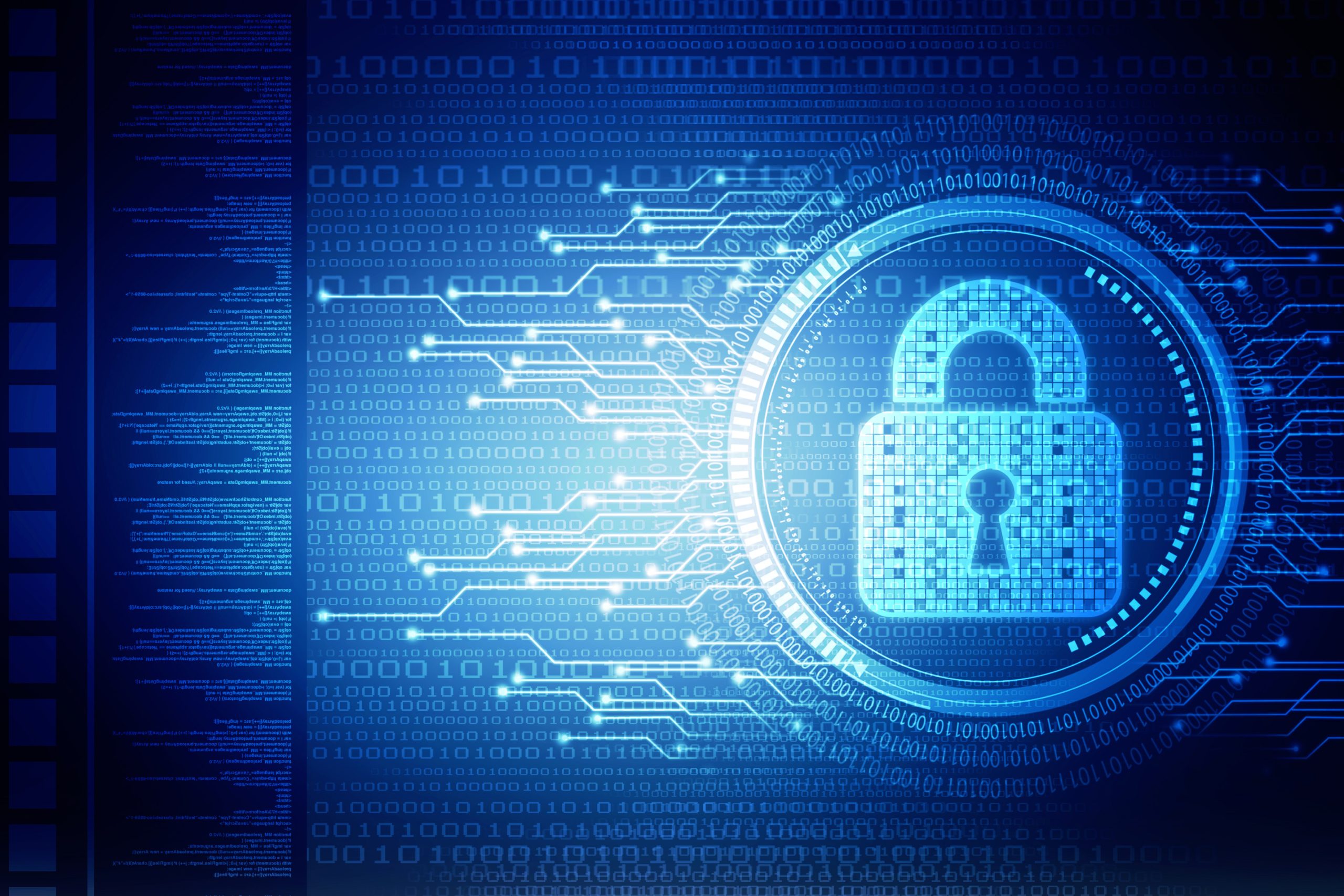As human society becomes more and more reliant on computers and computerized devices, cybersecurity is becoming increasingly important. This industry is one of the fastest growing sectors of our economy, but it also poses unique challenges to businesses, governments and individuals.
A cyber attack can impact anyone, anywhere in any way. From identity theft to data breaches and extortion attempts, to the loss of personal photos and videos to the disruption of vital infrastructure like hospitals or financial service companies, everyone is susceptible to cyber attacks. For these reasons, it is vital that the world develops effective cybersecurity tools to protect us from cybercriminals.
Whether you run a small business that relies on technology, a large enterprise that uses information as its core business or an institution or non-profit organization that serves the public interest, cyber security is an important aspect of your mission. And with the right training, you can make a difference in the fight against cyber threats.
Cybersecurity encompasses three main entities that must be protected: endpoint devices, networks and the cloud. Common technology used to protect these entities includes firewalls, next-generation malware protection and antivirus software.
Endpoint devices include desktop computers, laptops, smart phones and tablets. Networks are the computer systems that connect these devices to each other and the internet. The cloud is the space where information, services and applications reside. Firewalls are the barricades that sit between networked computers to filter out unsafe traffic and keep non-threatening data safe.
A metric called “days to patch” measures the amount of time it takes for an organization to deploy and install security patches. This metric is useful because it demonstrates the effectiveness of an organization’s patch management system. A high number of days to patch suggests that a company is not keeping up with security updates, which could leave the company vulnerable to cyberattacks.
The number of cybersecurity threats that an organization responds to on a daily, weekly or quarterly basis is another metric worth tracking. This metric provides insight into how well an organization is defending itself against threats, which helps inform future decisions around cybersecurity.
Formal training is an essential part of raising awareness about cybersecurity best practices, organizational procedures and policies, and how to monitor for cyberattacks and report malicious activities. Training is also important for ensuring that employees are aware of the risks they face when using their own devices at work.
SNHU’s online cybersecurity certificate can help you start your career in the field with a credential that showcases your understanding of fundamentals like best practices and risk assessment. You can then transfer this knowledge into a degree program, like SNHU’s associate or bachelor’s in cybersecurity, to advance your career in the field.
With the right training, you can use your passion for preventing cyber attacks to make a real impact in the fight against digital crime. Whether you want to pursue a certificate, earn an online cybersecurity degree or work for yourself as a freelancer, the opportunities are endless.MDR

